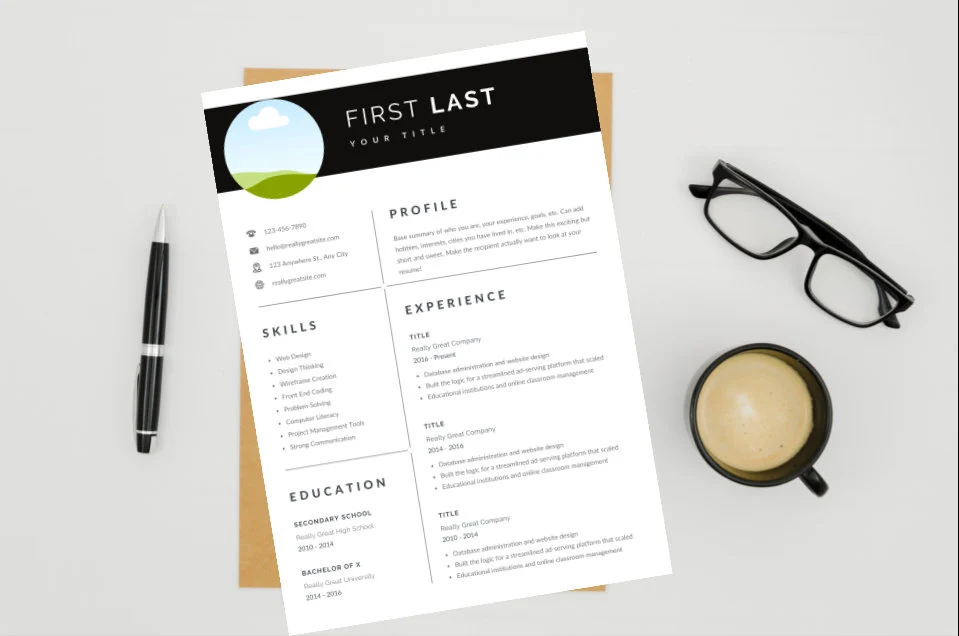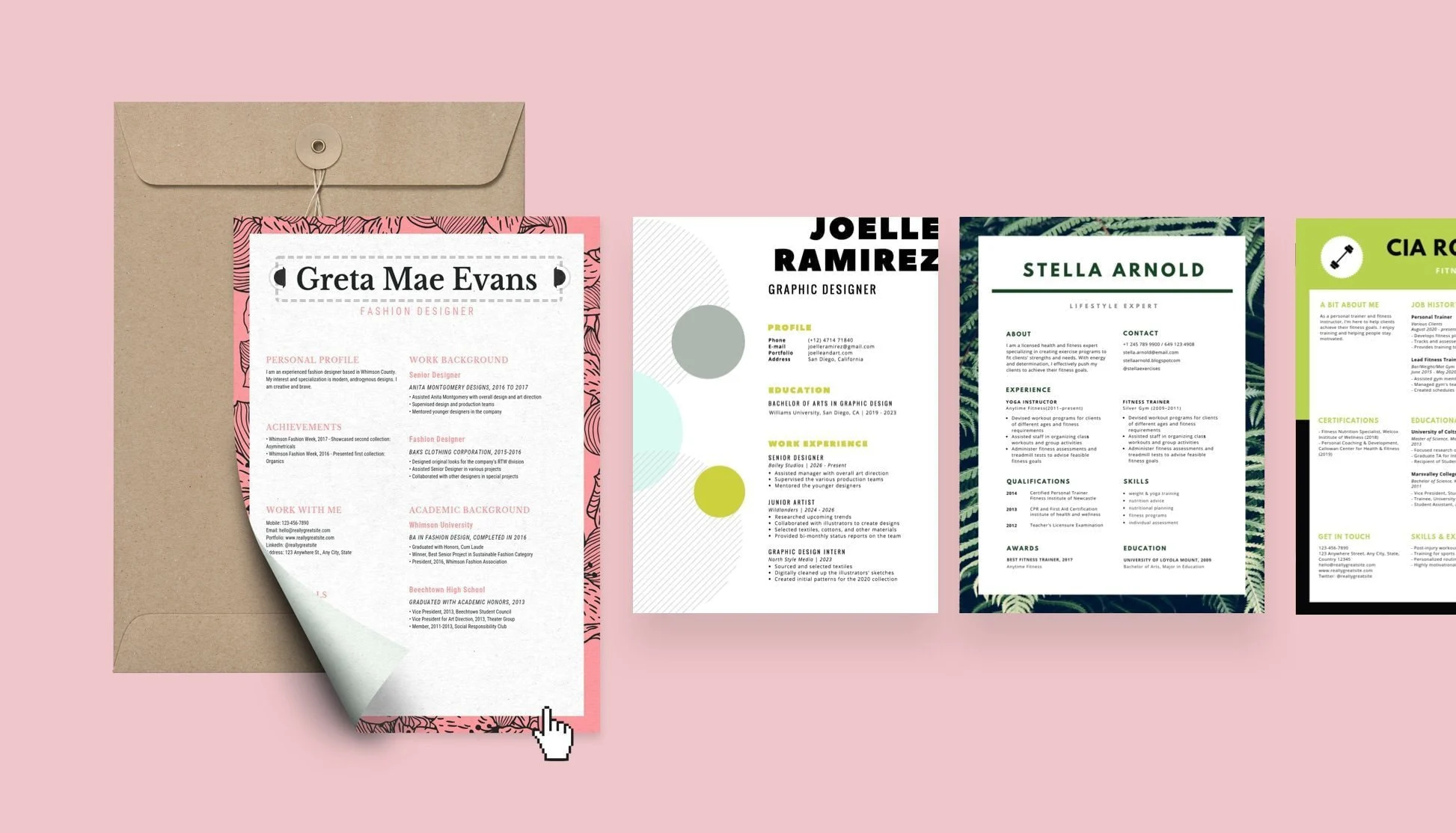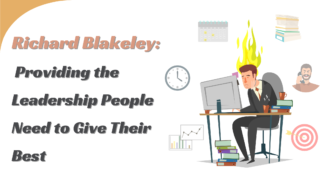How Frequently Should a Resume Be Revised?
- 1 Tips for Revising Your Resume
- 1.1 Frequent Mistakes People Make When Revising Their Resumes
- 1.1.1 Trying to sound too much like a job ad
- 1.1.2 Overusing keywords
- 1.1.3 Making it all about you
- 1.1.4 Being too vague
- 1.1.5 Including irrelevant information
- 1.1.6 Making it too long
- 1.1.7 Using fancy fonts and graphics
- 1.1.8 Sending the same resume to every employer
- 1.1.9 Forgetting to update your contact information
- 1.1.10 Neglecting to update your online profiles
- 1.2 Helpful Tools You Can Use to Revise Your Resume
- 2 What to Do If You Can’t Update Your Resume Right Now
If you’re a professional with a solid work history, you should revise your resume every six to 12 months, even if you’re not actively job-hunting. If your resume is over two years old, it’s probably time for a complete overhaul.
If you’re just starting out in your career or have made many changes in your job history, you should refresh your resume more frequently—at least every three to six months.
If you’ve been laid off or are otherwise actively job-hunting, you’ll want to update and tweak your resume as needed to better reflect your qualifications for the jobs you’re applying for.
When revising your resume, there’s no need to wait until you have a significant change if you think of a small way to improve your resume, make the change.
For example, if you take a new job and receive crucial responsibilities or accomplish something noteworthy, add it to your resume immediately. Please don’t wait until you’ve been in the new job for six months or a year; by then, you’ll probably forget about it!
Of course, if you’re applying for jobs that are very different from your current or previous positions, you’ll need to revise your resume more significantly so that it better reflects the skills and experience required for those jobs.
Tips for Revising Your Resume
Whether you’re revising your resume yourself or working with a professional resume writer, here are some tips to keep in mind:
- Be sure to proofread carefully. Nothing will make you look worse than a resume with typos and grammatical errors.
- Don’t try to cram too much information onto one page. If your resume is getting too long, cut out any older jobs that are no longer relevant to the kinds of positions you’re applying for.
- If you’re working with a professional resume writer, ask for copies of the revised versions to keep them on file and make future updates yourself.
- And finally, don’t forget to update your online profile, such as on LinkedIn, to reflect any changes in your resume.
Frequent Mistakes People Make When Revising Their Resumes
When it comes to revising your resume, there are a few common mistakes people make that you’ll want to avoid:
Trying to sound too much like a job ad
A resume is not a list of the qualities and skills an employer seeks; it’s a marketing document designed to sell you as the perfect candidate for the job. So don’t just regurgitate the language from the job ad – use your own words to describe your qualifications.
Overusing keywords
Sure, keywords are essential, but stuffing your resume full of them is unnecessary and looks terrible. Use keywords sparingly only when they accurately describe your experience and qualifications.
Making it all about you
Your resume should be about what you can do for the employer, not what the employer can do for you. So, focus on describing your skills and experience and how they will benefit the employer.
Being too vague
Don’t just say you’re “responsible for” something; describe precisely what you did and the results. Use numbers, where possible, to demonstrate your accomplishments.
Including irrelevant information
Stick to information directly relevant to the job you’re applying for, and leave out anything that’s not directly related. For example, if you’re applying for a job as a web designer, there’s no need to include your experience as a babysitter.
Making it too long
Generally, your resume should be one or two pages long. If it’s getting any longer than that, you need to cut out some of the less critical information.
Using fancy fonts and graphics
Use a basic font (such as Times New Roman, Arial, or Calibri) and avoid fancy graphics or logos to keep your resume simple and easy to read.
Sending the same resume to every employer
Take the time to tailor your resume to each specific job you’re applying for, highlighting the skills and experience that are most relevant to that particular job.
Forgetting to update your contact information
If you’ve moved or changed your phone number or email address, update your contact information on your resume.
Neglecting to update your online profiles
Don’t forget to update your LinkedIn and social media profiles to reflect any changes in your resume.
Helpful Tools You Can Use to Revise Your Resume
There are a few helpful tools you can use to revise your resume:
- Resume Builder: This tool can help you build or update your resume quickly and easily with pre-written content tailored to specific jobs and industries.
- Resume Templates: If you’re unsure how to format your resume, a template can give you some ideas and guidance. Just be sure to customize the template to fit your own experiences and qualifications.
- Proofreading Tools: Use a spell or grammar checker to help spot any errors in your resume. You can also have someone else read it over to catch any mistakes you might have missed.
What to Do If You Can’t Update Your Resume Right Now
If you can’t update your resume right now, don’t worry – there are still plenty of things you can do to improve your chances of getting the desired job.
Some things you can do include:
- Research the company and the specific job you’re applying for so you can tailor your application to their needs.
- Practice for interviews to be prepared to answer questions about your experience and qualifications.
- You stay positive and confident, even if you don’t get the job immediately. Remember that it often takes several applications before landing a job, so don’t get discouraged if you don’t get a call back immediately.


















